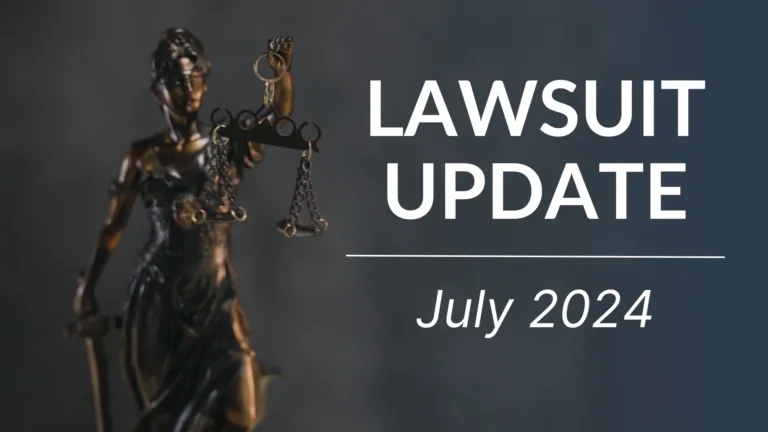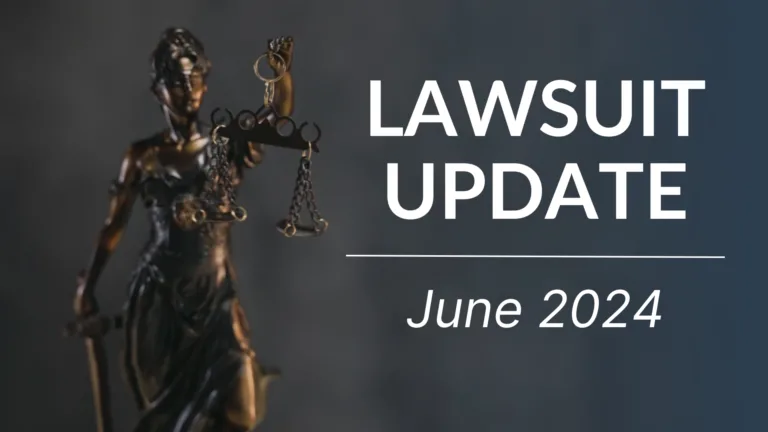Effective January 10, 2014, mortgage servicers are required to provide substantial new notice to consumers before charging any fees for force-placed insurances. The new notice requirements are designed to better inform consumers of their mortgage obligations and to help prevent unnecessary force-placed policies.
Under the new rules, a mortgage servicer must provide consumers with at least two notices before force-placing an initial insurance policy and a subsequent renewal notice if applicable. If the servicer fails to comply with the notice requirements, it cannot charge the consumer for a force-placed policy.
Here is a summary of the notice requirements:
(1) 45-Day Initial Notice.
First, a servicer must first provide a borrower with an initial warning notice at least 45 days before a force-placed policy is to be charged that the borrower’s hazard insurance has either expired or is expiring and that the servicer does not have evidence that the borrower has valid coverage in place. The notice must explain how a homeowner can provide proof of coverage and, if proof of coverage is not provided, that the servicer may purchase a force-place policy to be charged to the borrower. The notice must also disclose that any force-placed policy purchased by the servicer may be more expensive than what the borrower could obtain on his/her own.
(2) Reminder Notice.
If the servicer does not receive sufficient proof of hazard insurance coverage from the borrower after the first notice is sent, a second reminder notice must be provided before force-placed insurance can be charged to the consumer. This second “reminder” notice must be provided no earlier than 30 days after the initial notice is sent and at least 15 days before any fee or premium charge is assessed. In addition to similar disclosures required in the initial notice, the second reminder notice must set forth the cost of the force-placed insurance premium (or a reasonable estimate).
(3) Renewal Notice.
If a force-placed insurance policy was put in place by a servicer, then the servicer must send a 45-day notice to the borrower before the policy is renewed or replaced. Similar to the above notices, the required renewal notice must also contain a number of disclosures including the cost of the annual premium (or a reasonable estimate).
(4) Content of the Notices. The notices must contain certain standard information including:
• Notice date;
• Consumer name and mailing address;
• A statement that the servicer does not have evidence of hazard insurance and that the borrower’s insurance has expired or is expiring;
• A request for the consumer to promptly provide hazard insurance information for the property (and the property’s address) along with a description of the requested information;
• A statement that hazard insurance is required and that the servicer will purchase (or has purchased) a force-placed policy at the consumer’s expense if it does not receive proof of coverage;
• A statement that a force-placed policy purchased by the insurer may cost significantly more and may not provide as much coverage as hazard insurance purchased by the consumer;
• The cost of force-placed insurance (annual premium or reasonable estimate);
• A statement that the notice is the first, second or final notice;
• If applicable, a statement that force-placed insurance has been purchased as a result of the servicer not receiving required proof of existing coverage; and
• If applicable, a statement of renewal or replacement on anniversary of a previously purchased force-placed policy.
Other than the information required by the regulations, no other information may be included in the notices (such as advertising materials, etc.). However, a servicer may include additional information on separate pieces of paper and include those in the transmittal of the notices. The Consumer Financial Protection Bureau has created model forms for the notices/disclosures to be used by servicers. When mailed, notices must use at least first-class mail.
How Do I Get More Information on Force-Placed Insurance Lawsuits?
If you purchased hazard insurance for your home, or believe your mortgage lender forced you to purchase it for your property, contact the attorneys at Audet and Partners, LLP to determine if you are eligible for compensation. Call us at (800) 965-1461 or contact one of our force-placed insurance lawyers by completing and submitting our inquiry form on the right side of this page.



